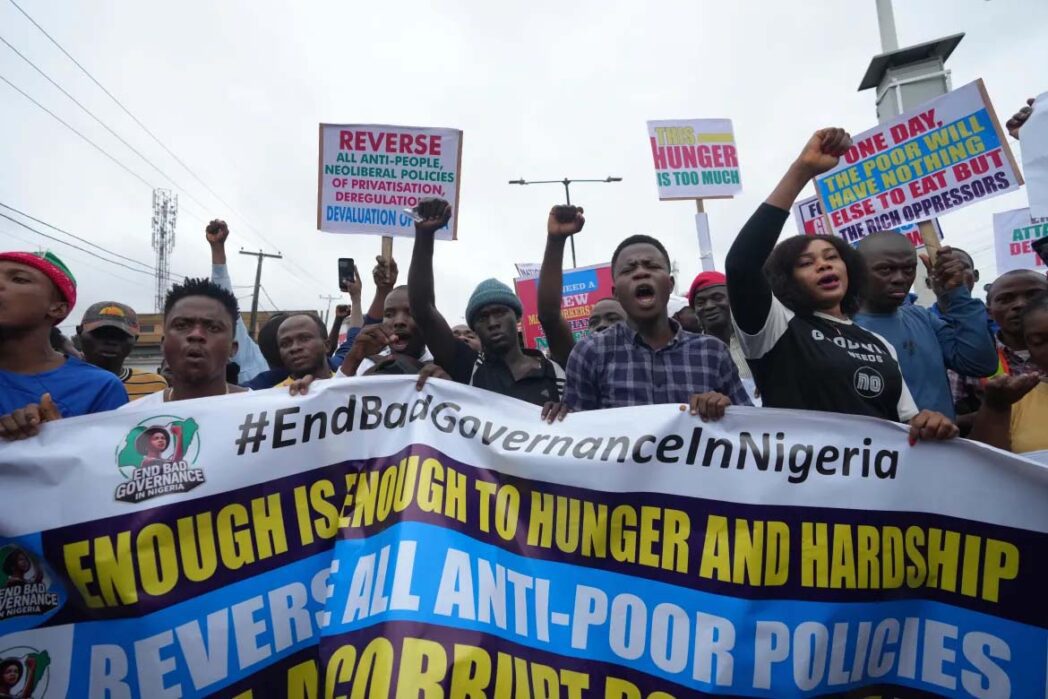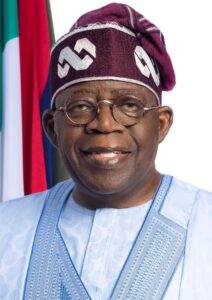
Protest: A need to backtrack and support reform
By Opeyemi Eniola
Last Thursday, Nigerians, mostly youths, poured onto the street to register their displeasure over hunger and economic hardship. Tens of thousands of Nigerians are currently featuring in the ongoing ten-day protest tagged: #EndBadGovernanceinNigeria. The protest which, according to civil society groups, the organisers, became unavoidable owing to a surge in the cost of living, following the removal of fuel subsidy, and abolition of multiple foreign exchange systems, among several others.
Interestingly, the government’s approach to the protest has been civil. The nation’s number one man – President Bola Ahmed Tinubu, has consistently held out an olive branch. Tinubu acknowledged the hardship in the land viz-a-viz the right of the masses to engage in peaceful protest. Nevertheless, he pleads for more time to allow some of the reforms his administration introduced to yield fruits.
However, in some parts of the country such as Kano and Yobe states, the protest is degenerating into violence. There are reported cases of attacks on public facilities, looting of supermarkets and shops, and physical attacks on innocent citizens, as demonstrations are being hijacked by hoodlums.
Again, on Sunday, President Tinubu made a nationwide broadcast where he pleaded with the protesters to suspend the protests, saying his reforms are geared towards addressing corruption.
He said in part: “These actions (reforms) blocked the greed and the profits that the smugglers and rent seekers made. They also blocked the undue subsidies we had extended to our neighbouring countries to the detriment of our people.”
Drawing from the presidential address, this columnist feels Tinubu’s government should be given the benefit of the doubt.
Nigeria, Africa’s most populous nation and one of its largest economies, has long been a focal point for political, economic, and social discourse. With President Tinubu now at the helm, the country finds itself at a critical juncture. As Nigeria navigates through a myriad of economic, ethnic and social upheavals, there is an urgent need for a comprehensive reform to guide the nation towards a more stable and prosperous future.
President Tinubu, former governor of Lagos State and a key figure in the ruling All Progressives Congress (APC), took office in May, 2023, amid promises of change and development. Tinubu campaigned on a platform of economic revitalisation, improved security, and social cohesion. His ascension to the highest office in the land followed a highly contested election, reflecting a nation split along ethnic, religious and economic divides.
The nation’s economy, no doubt, has faced immense challenges in recent years. The subsisting phenomenon of corruption, unemployment, and inflation, was further exacerbated by Covid-19 pandemic, and its aftermath. However, the incumbent leadership has outlined plans to rejuvenate the economy through increased investment, improved infrastructure, job creation, and diversified revenue streams. Unfortunately, Nigeria’s economy is still largely dependent on oil, making it vulnerable to global market fluctuations.
One of the predominant issues facing Nigeria is insecurity. Recall, the Buhari administration grappled with escalating banditry and terrorism, particularly in the northern regions. Tinubu’s government has consistently underscored tackling security challenges head-on, capitalising on data-driven strategies and community engagement. This includes modernising the armed forces, enhancing intelligence capabilities, and fostering cooperation with local communities to address the root causes of violence.
Nigeria’s rich tapestry of ethnic and religious diversity has unfortunately earned her an oxymoronic reputation both as a weapon of strength and division. Under Tinubu, there is potential to foster greater unity through inclusive policies and dialogue. However, addressing historical grievances and ensuring equitable distribution of resources will be integral to promoting harmony among Nigeria’s diverse population.
Corruption has also for long been a thorn in Nigeria’s flesh, undermining masses’ trust in government. Tinubu’s administration is ensuring transparency at all levels, establishing independent oversight bodies, digitising public services, and enforcing stringent anti-corruption laws.
Why Reform Must be Supported
It is now public knowledge that Tibubu’s government has rolled out some reforms ostensibly to restore the nation’s lost glory. By implementing comprehensive policies that tackle inflation, unemployment, and revenue generation, Nigeria can potentially harness its vast resources for development. Investors, both local and international, will be more spurned to engage with a government committed to transparency and sustainable economic practices.
Providing robust support for the government will enable it to build stronger confidence in the public. Civilian involvement in community policing efforts and collaboration with international partners will enhance the nation’s ability to combat crime and terrorism.
Similarly, encouraging inclusive governance can heal the rifts that have long plagued Nigeria’s social fabric. Reforms that foster dialogue among different ethnic and religious groups will bridge divides and promote understanding.
As noted earlier, Nigeria’s future under Tinubu’s administration is fraught with challenges. Nonetheless, it also signposts potentials for positive change. To realise these potentials, officials must pursue appropriate policies that reflect the diverse needs of the populace while prioritising transparency and good governance.
As citizens, businesses, and civil society organisations conscious for change, collective effort towards advocating necessary changes will help build a Nigeria that is resilient, united, and poised for sustainable growth.




